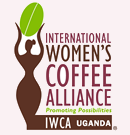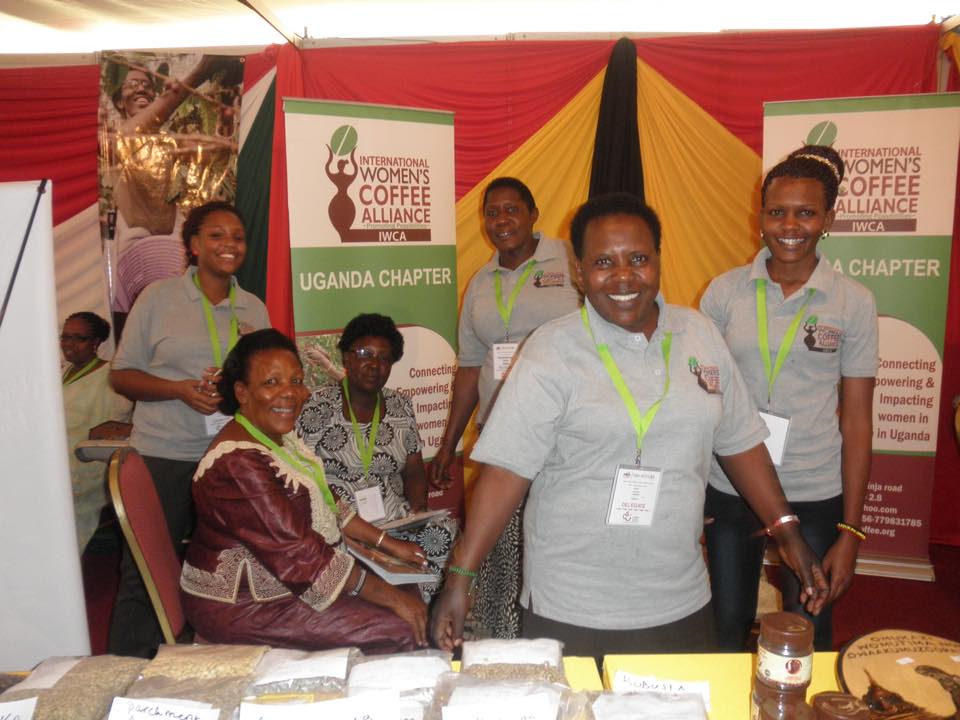The disempowerment of women involves factors that influence every aspect of their lives, birthing deep oppression, victimization, and sometimes violence. Empowerment means involvement in decision-making and control over resources for being able to achieve a higher quality of life, and also improving the capability for taking advantage of the opportunities for development, provided by the system. Within the Uganda context, the root causes of disempowerment are embodied in the following, among others: —
- Inequitable access to opportunity – women are barely involved in decision-making positions in the coffee value chain, not because they’re unqualified, but because they are viewed as less entitled, because of their gender as women
- Inequitable access to resources – women can barely own or co-own land in Uganda. Parents find it pointless to equitably share wealth between boys and girls. Many parents also fnd it more meaningful to provide more opportunities (such as education) to the boys, rather that the girl child. This potentially results explains the generations of women who are chronically disempowered.
- Unfairness in share of proceeds – Despite the fact that women, in many cases contribute more to family production, men retain the responsibility to manage household incomes resulting from the work where women contributed
- Non-recognition of women – Women are not celebrated and are barely acknowledged or recognized for the contribution they make to society. In a male-dominated Ugandan community, society deliberately approves credit to men for successes where women have had the most significant contribution. Credit to a woman of courtesy, for instance goes to her husband (not the courteous woman) because this is socially constructed.
- Violence and women murders – Women are the subject of gender-based violence in many communities in Uganda, including the urban, elite communities. Over the recent past, the consistent murder of women, rape and abduction of girls illustrate the gravity of the problem. This is in addition to the worrying cases of trafficking where girls (who would have played productive roles in the coffee industry) are taken as maids, enslaved in the Middle East are inhumanely treated.
Women empowerment, especially from the economic point of view is one of the top priorities of the IWCA Uganda Chapter. The purpose is to enable women to gain control over the sources of power, especially economically and socially, through awareness raising and capacity building, leading to greater participation in the decision-making process, control and transformative action.

